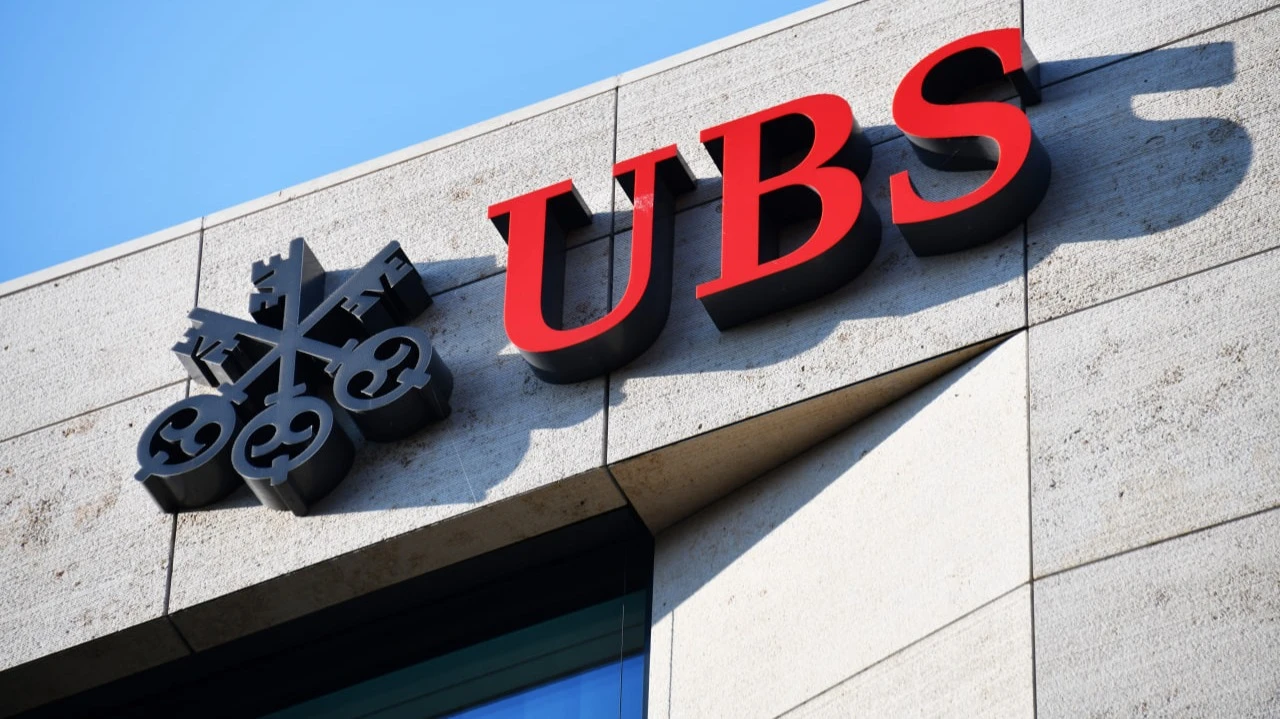'Market on thin ice': UBS warned that retail investors are losing interest in AI
If they start getting out of the stocks that underpin the current rally, it will have a hard time holding on

UBS analysis showed that retail investor interest in AI stocks is waning, and this could undermine one of the main underpinnings of the current rally. It is AI giants, including representatives of the Magnificent Seven, that have been among the "drivers" of the stock market recovery in recent months. Against the backdrop of a series of records that the major indices have been showing since the end of June, the investment bank warns of significant downside risks.
Details
One of the key support factors for the stock market may be waning, warns UBS's U.S. derivatives strategy unit, whose note quoted by CNBC. It says retail investor interest in AI-related stocks is starting to wane, and that could increase the risk of a correction, as AI securities have been the backbone of the current rally and the performance of AI leaders has a significant impact on indices.
"Sales of AI sector stocks by retail investors continue and are likely to exert bearish pressure in the medium term," the investment bank said in a note. - After 18 months of a buying boom that lifted the Magnificent Seven's share of the S&P 500 to an all-time high, clients of UBS's retail division began selling off AI sector leaders back in January. This movement intensified in March and April due to tariff shocks."
Taking into account that retail investors provide more than 40% of the volume of directed transactions on the market, if demand from their side stops supporting the market, the current rally will be difficult to hold, UBS points out. At the same time, many hedge funds, according to the bank's analysts, are also gradually losing their appetite for the stock market and may take a wait-and-see attitude. UBS compares the current situation with July 2021 - four months before the market reached a post-crash peak and began to decline;
"The market is now as if on thin ice: there is no longer a broad base of buyers, which means upside potential is limited and downside risks are significant," the note said.
What others are saying
The BofA this week also drew attention to what it considers a troubling signal: a survey of fund managers revealed the lowest level of cash in their portfolios in more than a decade - 3.9% of total assets under management. At the same time, managers have been buying technology and commodities stocks. If the cache is almost exhausted, there are fewer available resources for new purchases, which means that the main wave of demand may be over, and this will activate the sell signal, the bank suggested.
However, BofA is in no hurry to declare that the rally is over. The skew towards shares in investment portfolios is not critical, volatility in the bond market remains low, and greed is always harder to suppress than fear, so investors are likely to stick to the strategy of summer hedging and rotation, rather than open large-scale shorts or exit the market, says the bank analyst.
Bank of America analyst Savita Subramanian last week raised her year-end target for the S&P 500 to 6,300 points, up just 0.6% from the last close. Meanwhile, her colleague Michael Hartnett on July 4 advised investors to start taking profits if the broad market index exceeds 6,300 points.
RBC Capital Markets on July 13 raised its target for the S&P 500 to 6,250 points. This implies a 0.2% decline from the close of trading on Wednesday, July 16. RBC analyst Lori Calvasina explained that the bank maintains a "neutral view of the market" and its new target "essentially matches current values," hinting that the index has nowhere else to rise, notes CNBC.
David Kostin of Goldman Sachs is slightly more optimistic: his new target price is 6,600 points by the end of the year. The market "will gradually digest the impact of duties", and large companies "have a certain buffer due to accumulated inventories before a possible increase in rates", the analyst believes.
According to Bloomberg data for June, the median target for the S&P 500 among 20 tracked investment banks was 6,025 points. The highest estimate at that time was given by Wells Fargo - 7,007 points, and the lowest - by Stifel with a forecast of 5,500 points.
This article was AI-translated and verified by a human editor
